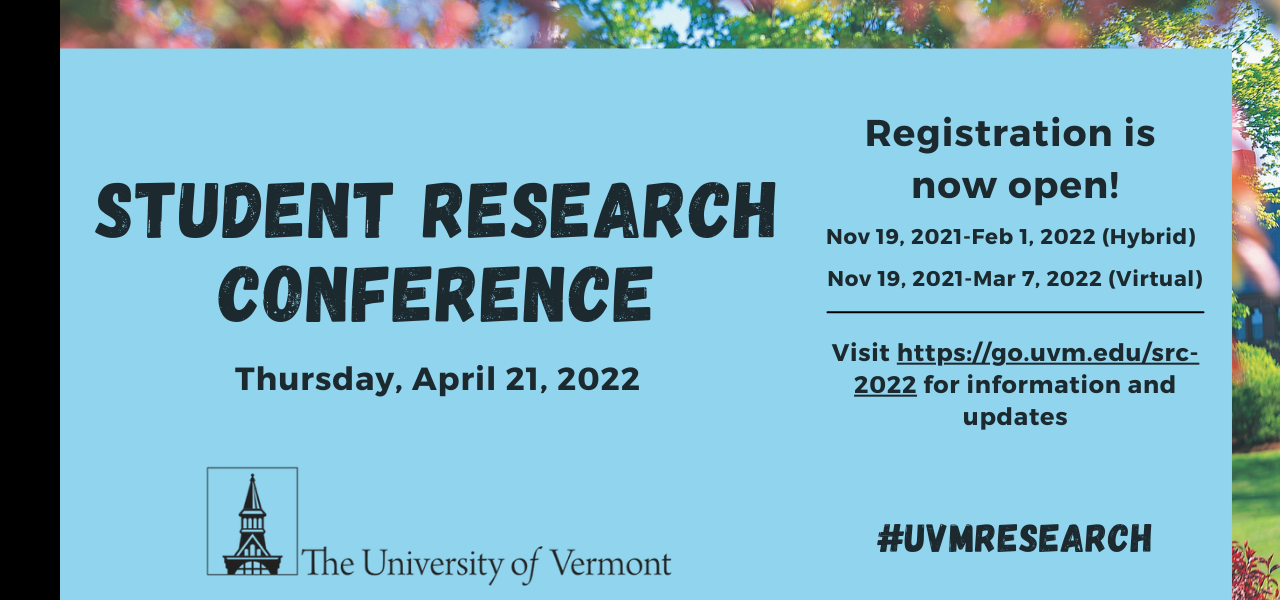Functional and compositional outcomes of forest adaptation treatments on northern hardwood forest spring ephemeral understory communities
Abstract
Ash trees, Fraxinus spp., an important component of northeastern hardwood forests are becoming increasingly threatened by Emerald Ash Borer (EAB), Agrilus planipennis, coupled with climate change. At Clements Woodlots in Corinth, VT, harvested gaps and thinned matrices with varying degrees of ash removal were employed with the objective of this study targeting the impact of silvicultural treatments on understory herbaceous species, including spring ephemerals. Non-metric multidimensional scaling (NMDS) was employed for analysis to determine neighborhood influence of overstory trees on community composition and functional trait expression of understory herbaceous communities in response to forest management.
Primary Faculty Mentor Name
Dr. Anthony D'Amato
Graduate Student Mentors
Alissa J. Freeman
Status
Undergraduate
Student College
Rubenstein School of Environmental and Natural Resources
Program/Major
Forestry
Primary Research Category
Biological Sciences
Functional and compositional outcomes of forest adaptation treatments on northern hardwood forest spring ephemeral understory communities
Ash trees, Fraxinus spp., an important component of northeastern hardwood forests are becoming increasingly threatened by Emerald Ash Borer (EAB), Agrilus planipennis, coupled with climate change. At Clements Woodlots in Corinth, VT, harvested gaps and thinned matrices with varying degrees of ash removal were employed with the objective of this study targeting the impact of silvicultural treatments on understory herbaceous species, including spring ephemerals. Non-metric multidimensional scaling (NMDS) was employed for analysis to determine neighborhood influence of overstory trees on community composition and functional trait expression of understory herbaceous communities in response to forest management.


